If you are a new parent, you might get concerned if you notice your twin babies chewing on crib. Moreover, there are significant health issues that this behavior may cause.
There are many ways on how you can manage the behavior as your baby grows out of this stage. Besides, this can also be considered a milestone for your baby. Let’s find out in this article.
Babies Chewing on Crib: Primary Cause
The primary cause of this chewing behavior on your babies’ crib is due to teething. When babies are teething, they may experience some discomfort or itch in the gums. This may then trigger chewing behavior on almost anything that they can get their hands into.
This ultimately includes their crib. However, this chewing behavior may also have some health consequences, depending on the material of your crib. This behavior has to be discouraged or managed.
What Type of Crib Should You Get?
There are different materials that a crib can be made of. As a parent, you will have to choose this for your babies. You may want to opt for non-toxic crib materials, just in case your babies nibble on them when they are teething. Moreover, choose a crib that can easily be sanitized to prevent the buildup of germs on the crib’s surface.
Is it Dangerous for Babies to Chew on Cribs?
Depending on the cleanliness and material of the crib, it may be dangerous for your baby to chew on it. Moreover, if it is a hand-me-down crib that has been passed on from one baby to the next, you can’t expect it to be in pristine condition all the time. This means that the paint or varnish may already begin to chip off in wooden cribs and your baby may ingest these potentially toxic substances.
For other types of cribs, sanitation may be an issue since germs may remain on the surface as it is not entirely sterilized, like other things that enter your baby’s mouth. This may cause certain diseases as bacteria and viruses may be present on the surface of the crib. That is why the crib has to be sanitized regularly.
The dangers of crib chewing are mainly due to the presence of germs on the surface. Furthermore, there is also a risk of paint or varnish ingestion once your babies chew on painted or varnished wooden cribs. These are some reasons why chewing behavior has to be discouraged and other teething outlets have to be introduced.
What to do When Your Baby Chews on His or Her Crib?
You might begin to get concerned when you notice your babies chewing on their crib. Besides, now that you know that there are certain risks involved with chewing on the crib, then you might want to know potential interventions that you can do to protect your baby from certain dangers. Here are some steps that you can take to prevent your baby from chewing on the crib when teething:
Give a Pacifier
A pacifier may help prevent your baby to chew on the crib. The pacifier keeps your baby’s mouth occupied to hopefully prevent crib chewing. Besides, there are also some gel or silicone type pacifiers that can be chilled to ease the teething discomfort of your baby. There are also some types of pacifiers wherein fruits and other flavors can be put inside to provide your baby with a snack or fruit while using the pacifier.
Provide a Teether
A teether may help ease teething discomfort in babies and once a teether is provided, it may minimize or eliminate crib chewing because it has already kept your baby’s mouth occupied. Moreover, you may provide different types of teethers to keep your baby entertained once they get tired of one type. It can also be chilled to manage teething symptoms that may be causing the crib chewing behavior.
Regularly Give your Baby the Prescribed Vitamin and Mineral Supplement
Your baby’s pediatrician may prescribe vitamin and mineral supplements to maintain your baby’s health at some point in his or her life. Moreover, as a parent you always want to keep your baby healthy, so you may also opt to provide vitamin and mineral supplements that are applicable for your baby’s age. Usually, when your baby is able to eat solid foods, it may also be a good time to introduce these vitamins.
Vitamins and mineral supplements may help protect your baby’s teeth from damage when chewing on the crib. Besides, your baby may still need his or her teeth for several years and as a responsible parent, you don’t want to get your baby’s teeth damaged due to crib chewing. Vitamins and minerals may support the health of your baby’s teeth and immune system.
How to Prevent your Baby From Nibbling on His or Her Crib?
You can provide alternative teething toys, teethers or pacifiers to keep your baby’s attention off the crib. These things are safer to be nibbled as they are clean and are intended for that purpose.
Moreover, these can ease the teething discomfort so that your baby can be relieved during this stage in life. These are some of the steps that you can take to prevent your baby from nibbling on the crib:
- Provide teething toys to manage teething symptoms
- Give toys to keep your baby entertained while in the crib
- Put a cover on the railings of the crib
- Give ice or other cold treats as your baby’s snacks
Babies Chewing on Crib: Final Advice
When babies are chewing on crib, there are several steps that you can take to prevent or discourage this behavior. Moreover, you might want to discourage the crib nibbling behavior due to certain risks that may be attributed to the crib material, paint of the crib and germs on the crib.






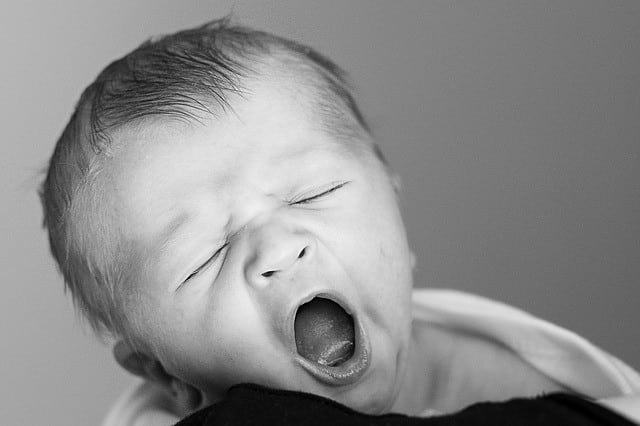



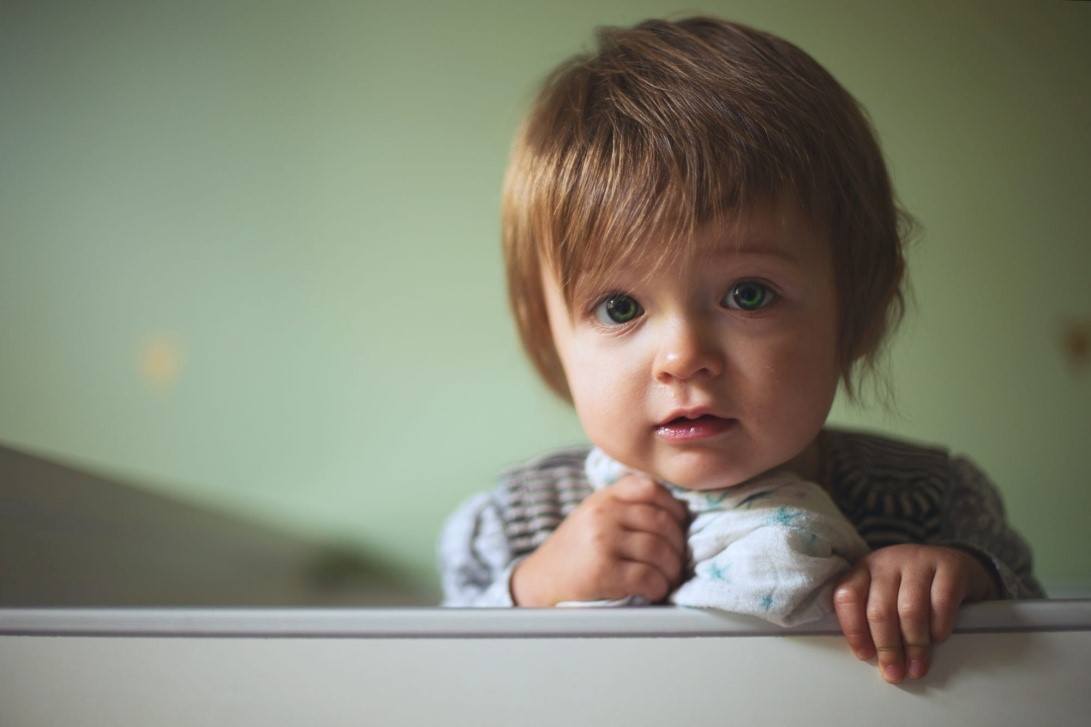



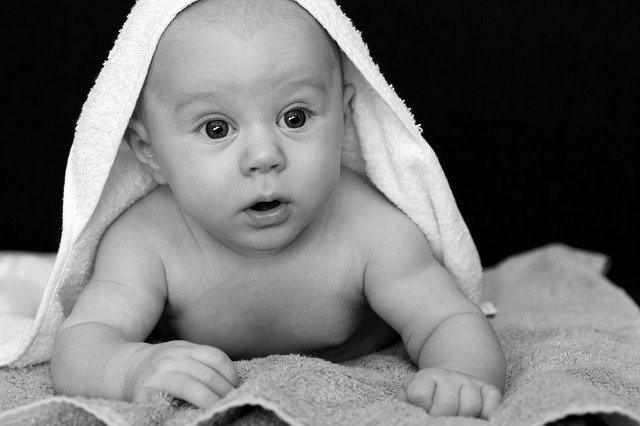


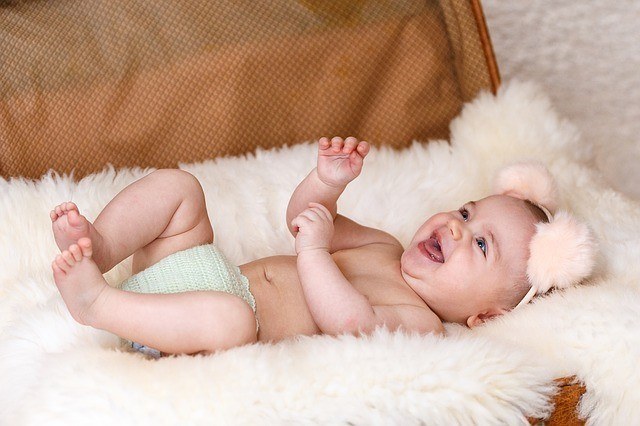



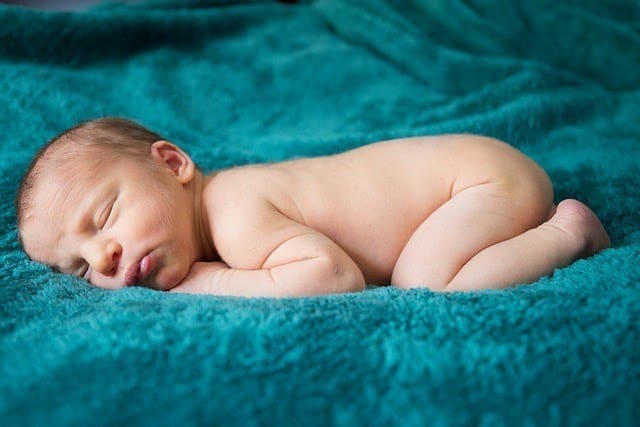






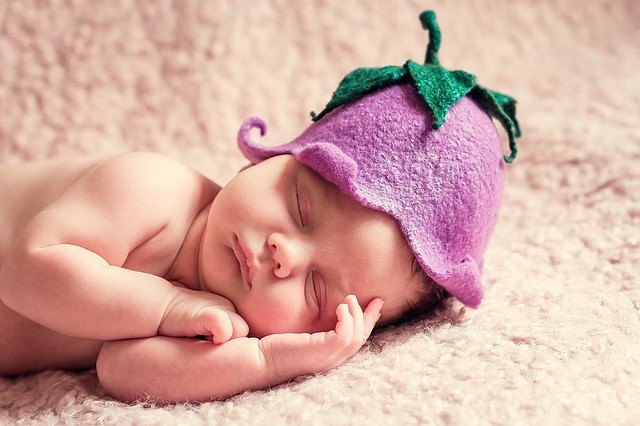




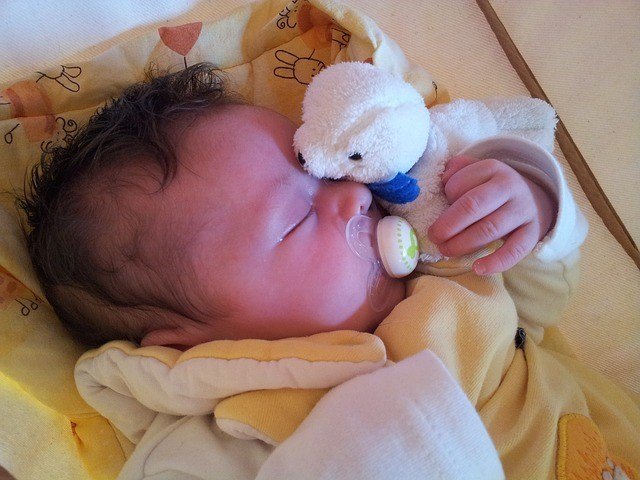

 Store
Store